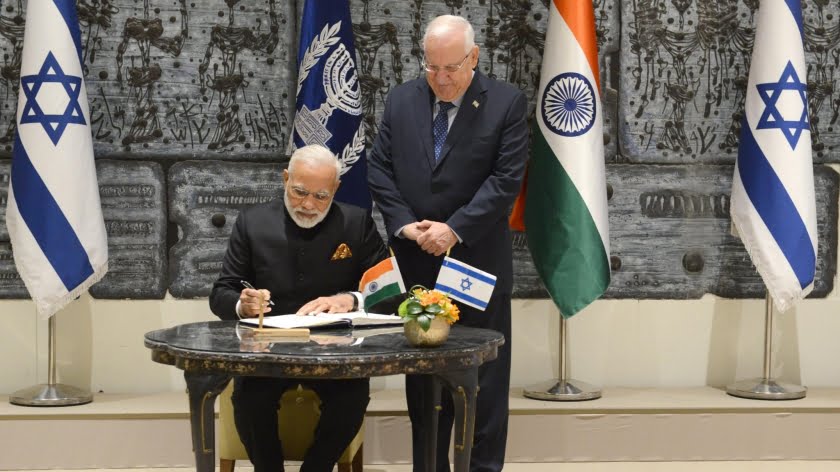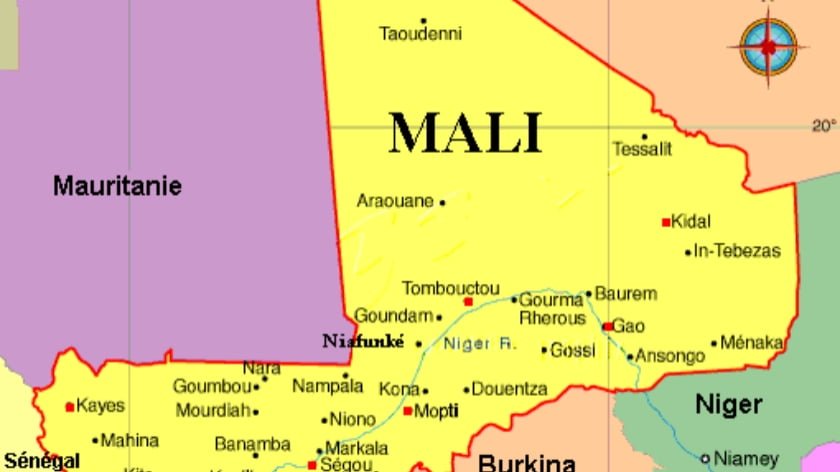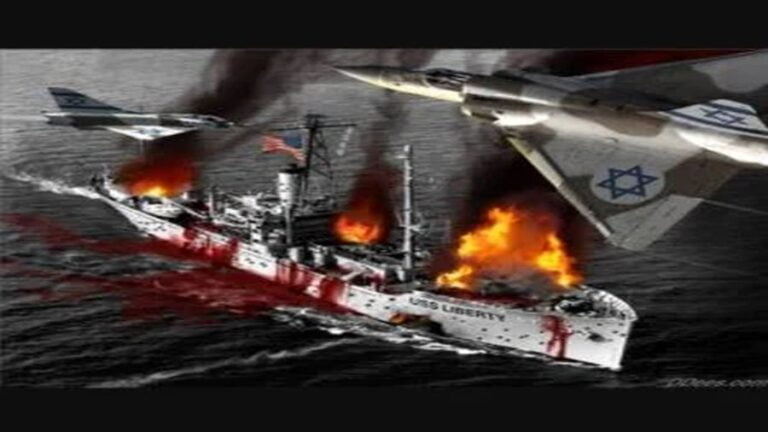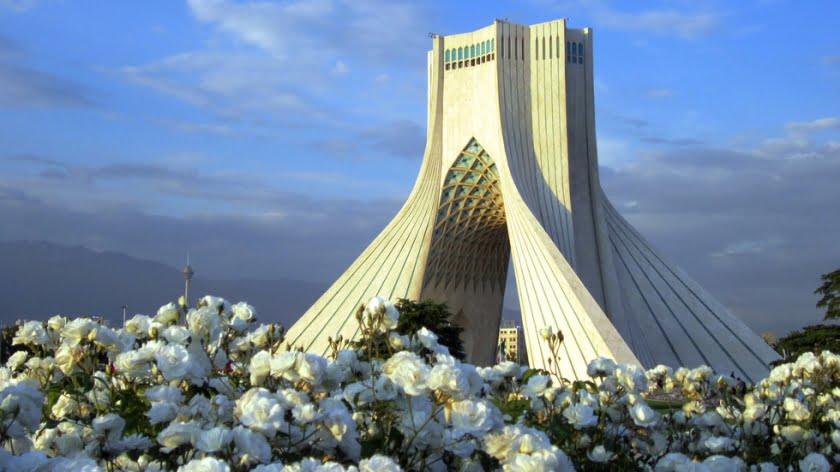The Musketeers’ Final Adventure
These days, the Suez crisis turns 60. In the history of the Israel—Egypt confrontation, it was overshadowed by the larger wars of 1967 and 1973, but it holds a very special place in the history of the Cold war. Operation Musketeer was the UK and France’s last attempt at conducting an independent superpower policy.
 Each party traveled its own path to the conflict. After World War II, the foundation of Israel, and the first Arab—Israeli war it lost, Egypt experienced a sharp rise in the sense of its Arab national identity. It resulted in the July revolution of 1952 (doing double duty as a military coup d’état) which replaced the monarchy with military dictatorship led by lieutenant colonel Gamal Abdel Nasser. The new regime relied on anti-Israeli and anti-British popular sentiments, employed harsher rhetoric toward Israel, and set course for forcing the British military to withdraw from Egypt. Since the beginning of World War I, the British army protected the Suez Canal owned by the British and the French. According to the 1936 agreement, their deployment was limited to 20 years, and the Egyptian government had refused to extend it even before the revolution. In 1954, it was agreed that Britain would withdraw its troops by the summer of 1956. The British withdrew, refused to assist in financing the construction of the Aswan Dam, Nasser’s government turned to cooperation with the Soviet Union, and nationalization of the Suez Canal was announced.
Each party traveled its own path to the conflict. After World War II, the foundation of Israel, and the first Arab—Israeli war it lost, Egypt experienced a sharp rise in the sense of its Arab national identity. It resulted in the July revolution of 1952 (doing double duty as a military coup d’état) which replaced the monarchy with military dictatorship led by lieutenant colonel Gamal Abdel Nasser. The new regime relied on anti-Israeli and anti-British popular sentiments, employed harsher rhetoric toward Israel, and set course for forcing the British military to withdraw from Egypt. Since the beginning of World War I, the British army protected the Suez Canal owned by the British and the French. According to the 1936 agreement, their deployment was limited to 20 years, and the Egyptian government had refused to extend it even before the revolution. In 1954, it was agreed that Britain would withdraw its troops by the summer of 1956. The British withdrew, refused to assist in financing the construction of the Aswan Dam, Nasser’s government turned to cooperation with the Soviet Union, and nationalization of the Suez Canal was announced.
Besides the confrontation with the European powers, Egypt was essentially in the state of low-intensity warfare with Israel. Despite the UN’s objections, civil vessels bound for Israel were prohibited from entering both the Suez Canal and the Straits of Tiran, which essentially cut Israel off from the Indian Ocean. Coupled with the complicated relations the newly-formed Jewish state had with European countries, this situation caused Israel major economic damage. Arabs who fled the territories taken over by Israel after the first Arab—Israel war, set camps on the Sinai Peninsula, and those camps harbored the Fedayeen fighters supported by Egypt, who raided Israel-held territories, mostly attacking civilians. The Israeli military hit back in revenge, no matter the collateral damage.
The Suez Canal nationalization came as a surprise for the French and the British authorities who failed to respond promptly and began to plan a military operation to take the Canal back under their control and, should an opportunity arise, to overthrow Nasser. The French had an additional stimulus for military action: Egypt’s leader supported Algeria’s fight for independence. The initial plan involved amphibious and air assaults with the aim of capturing Port Said located at the canal’s estuary in the Mediterranean and strategic bombing of Egypt intended to cause it economic damage and thus to force it to recognize the status quo.
To obtain the diplomatic justification and aid in fighting the Arab troops on the Sinai Peninsula, the British and the French decided to involve Israel which could not wait to put an end to the blockade and raids on its territories and had its own military plans. It was mostly done through the efforts of French diplomats as France—Israel relations were on the rise at that time. The UK—Israel relations were, on the contrary, extremely difficult and marred by the Mandatory Palestine period: Israelis accused the UK, and not without reasons, of supporting Arabs, and the British, in their turn, remembered quite well the anti-British acts of terror committed by radical Zionist groups.

A three-party agreement was achieved in October 24 during secret negotiations in France. It went down in history as the Protocol of Sèvres. According to that plan, Israel was to begin advancing on the Sinai on October 29, the next day the UK and France were to put an ultimatum to the warring parties to withdraw their troops from the Canal in order to protect the navigation; on October 31, after Egypt’s predictable refusal, the European powers would deploy their forces mustered in advance, would begin bombing, and capture Port Said.
Israel’s military operation called Kadesh started with paratroopers landing at the south end of the Canal, the air force delivered strikes against Egypt and Israel advanced over land. The Egyptian army was taken by surprise,[i] it did not put up an organized resistance and abandoned a large amount of recently received Soviet equipment on the Sinai. For the Israelis, the most notable episodes of the war were the almost hell-for-leather fights between the mechanized units of the Egyptian army and light-armed paratroopers led by Rafael Eitan and Ariel Sharon. The Israelis reached the final goal of their advance on November 5 when after a short fight they captured Sharm el Sheikh. While taking over the Sinai Peninsula, they also took Palestinian refugee camps, and many people suspected of belonging to the Fedayeen were summarily executed.
The British—French plan developed on a parallel course. The allies vetoed the UN resolution proposed by the US where Israel was requested to stop the military aggression (it is probably hard to imagine a more unusual situation) and on October 30, they put forward an ultimatum demanding that the warring parties withdraw their troops at a ten mile distance from the Canal and that Egypt additionally agree to a temporary British and French occupation of the key locations to guarantee the freedom of navigation. It is quite ironic that the Israeli troops did not even advance that close to the Canal. Egypt rejected the ultimatum, and the next day, the allied air forces began massive air strikes on key military facilities, primarily air fields. Heavy bombers from the Royal Air Force flying from Cyprus and Malta to bomb the Cairo airport into oblivion were turned back in the air on the personal order from Prime Minister Anthony Eden, who had been informed that the airport was being used to evacuate American citizens.

The allies’ powerful air force played the crucial part in the air campaign; it included three British (the Eagle, the Albion, and the Bulwark) and two French (the Arromanches and the Lafayette) aircraft carriers. Egypt’s air force was obliterated almost immediately, and after a series of strikes against ground targets, the allies began massive paratrooper landings from air (primarily from helicopters and for the first time, massive landings from ships) on November 5, and next morning, they began to storm Port Said. The city which had been previously heavily bombed was captured quickly. Nasser gave an order to begin a “popular war”: he ordered arms to be issued to the general population and soldiers to dress in civilian clothes, which raised the number of civilian casualties. Even without that, hundreds of Port Said residents were killed by the bombings.
By November 6, the allies had generally achieved their goals, but their diplomatic situation was as hard as Egypt’s military one. The USSR reacted extremely harshly to the UK and France’s actions. For the USSR, the crucial point was that the events in the Middle East which had, as we can now see, their own history, were viewed together with the parallel events in Hungary. On the one hand, the USSR gained the impression that “imperialists were mounting an attack” on the Soviet Union’s allies on several fronts at once, and it provoked an extremely harsh reaction; it was probably the only time during the entire Cold war when the Soviet Union sharply and unambiguously threatened the West with war. On the other hand, the Suez-prompted decision to bring the troops into Hungary again and to quash the anti-Soviet rebellion by force (a decision also made because the USSR believed that the Eastern bloc was subjected to what today would be called a “hybrid” attack) was made when the global community’s attention was diverted from the events in Europe.
The situation would not have appeared to be such a dead-end for Great Britain and France if they could have relied on the US support, but their “willful” actions (neither the allies, nor Israel as much as informed the US about their intentions) irked Washington extremely. In the UN, the US joined forces with the USSR in condemning the aggression: a unique instance in the Cold war. Several economic measures followed: bowing to the US’ pressure, the IMF refused a loan to the UK, America threatened to bring down the pound sterling, and together with Saudi Arabia, they introduced an oil embargo (they even prohibited other NATO countries from selling oil to the UK and France). Although some claim that the US threatened its allies not to intervene should the USSR begin military hostilities against them, this is an exaggeration, the US would have had to join the war if key NATO countries had been attacked. According to President Eisenhower’s exigent order, U-2 reconnaissance aircraft began flying over Syria to immediately detect the Soviet forces being transported there. The US’ severe reaction is explained precisely by their unwillingness to be drawn into World War III because of the European allies’ willful actions.
Under pressure from the global community, on November 6 the allies agreed to cease fire and withdraw their troops that had to be replaced with UN peacekeepers. The withdrawal of British and French troops had been completed by December 22. Israel had transferred its position on the Sinai to the peacekeepers by March of next year, having previously destroyed the peninsula’s entire infrastructure, from village houses to railways to telephone lines.
Despite the military victory of Britain, France, and Israel, the conflict resulted in a severe diplomatic defeat and humiliation of the old European powers. The Suez crisis became one of the factors that brought about the downfall of the government that soon followed in both countries. The conflict had two principal victors: the USSR, which had significantly solidified its influence primarily in the Arab world, and Nasser, who completely legitimized Egypt’s sovereignty over the Suez Canal and emerged victorious in the eyes of his people, having deflected the strikes from great powers which had, until recently, been unquestionable rulers of the Middle East.
For Israel, the outcome of the conflict was fairly good: the armed forces of the newly-formed Jewish state, which had, until recently, been something of a guerilla militia, proved their capability to conduct modern warfare; they delivered a blow against fighters’ camps, and the state’s southern border gained peace, at least for a while. Most importantly, the Straits of Tiran’s blockade was lifted… as time would show, only temporarily, since ten years later, Nasser would block the Straits off again, and this blockade would become one of the triggers for the war of 1967.
Yet the Suez crisis will go down in history as the swan song of the old European empires which at that point had not yet realized that the time of good old colonial wars with rebellious natives was gone, for those powers at least.

[i] To disrupt the enemy military command, Israel took several preemptive measures, in particular, before the start of the war, they shot down in the neutral air space an airplane with Egyptian general staff officers returning from Syria; simultaneously with the paratrooper landings, Israeli fighters tore telephone lines around the Suez Canal with their planes’ propellers and wings.







